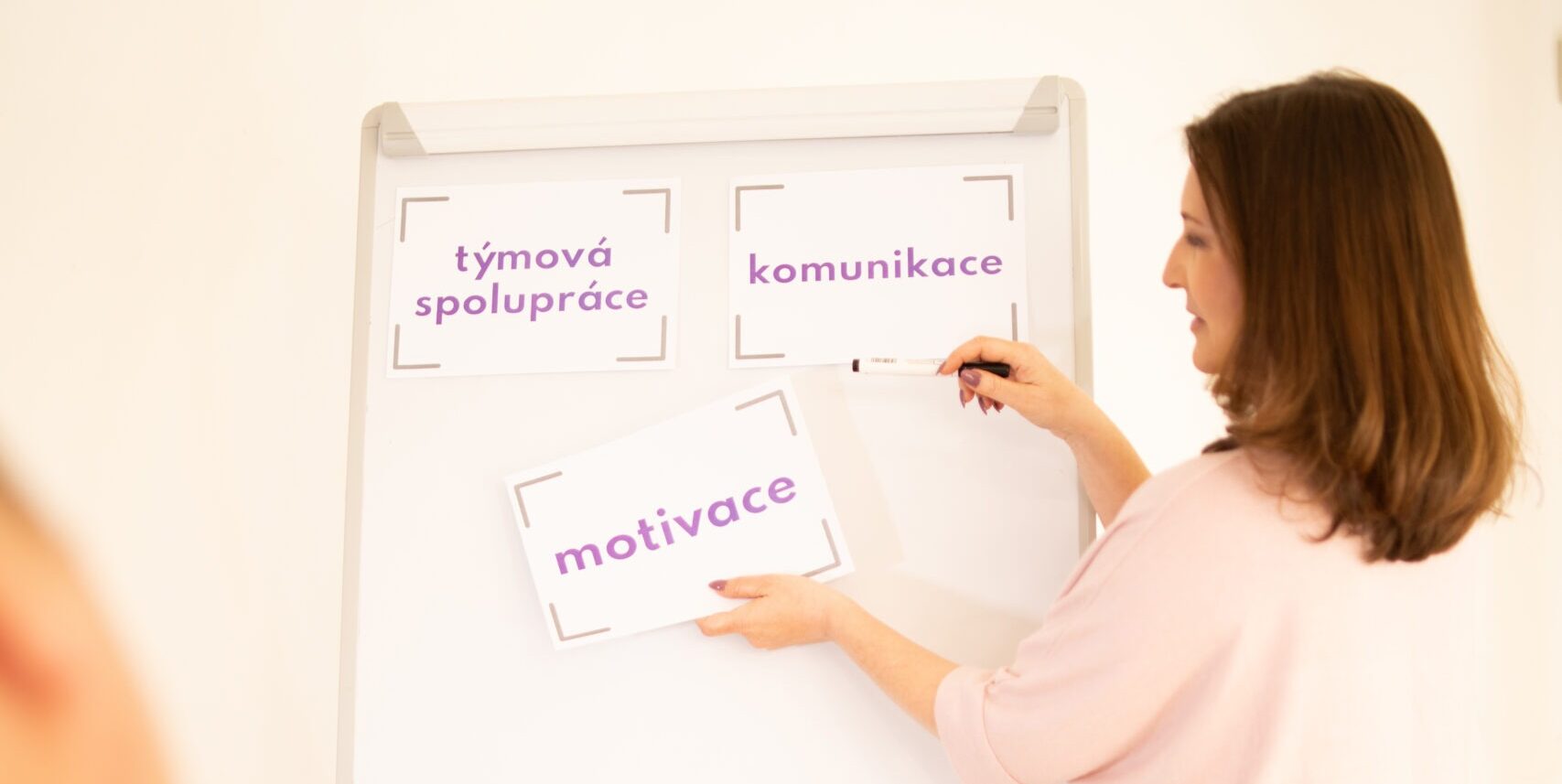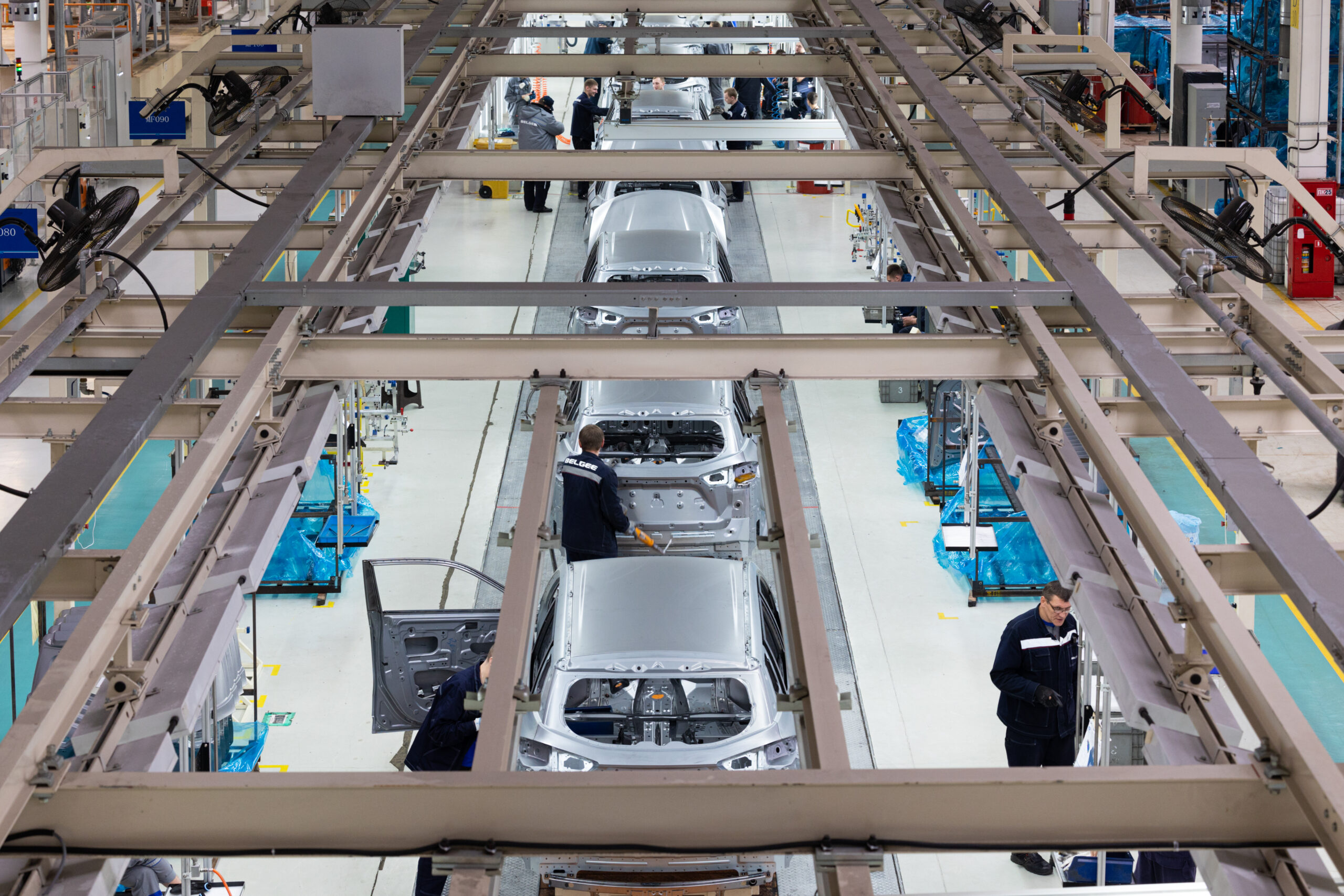Managers should focus on quick responses to the current employee experience, which ultimately shapes the company’s own brand and influences the culture within the company. The whole transformation of management thinking for the future currently entails three challenges:
- Distributed leadership – for many managers, it is a complete novelty; According to this model, managers work with people on their individual development systematically, because only in this way is it possible to improve existing processes and successfully face new challenges. It’s not just about training and offering interesting courses.
- Listening, interpreting, acting and sharing experiences with each other – gradual development within the organization, we expect that the people we develop will develop other people around them in the company (a suitable tool for development is, for example, Toyota Kata).
- Employee Experience – a collective vision that gives individual meaning to each individual and supports their personal experience. Often in companies, we tend to start from a change in corporate culture through a change in values and only then watch how people’s behavior changes. But John Shook, a former Toyota executive and author of Learning to See, recommends turning the approach around – changing people by first changing our attitude and behavior, which translates into values and then influences the entire company culture.
“What I’ve learned at Toyota, what has a lot of power, is that when you want to change the culture, you don’t start by changing people’s minds, but you have to start changing the way they behave – what they do.” (John Shook)
However, changes in corporate culture are not possible overnight – we all probably suspect that. Toyota, for example, managed to do it in one year thanks to this approach. The roots of success here go back to recruitment. The company has only one criterion for the selection of employees – it is interested in people’s approach and motivation during the selection process, not primarily in their experience, which it can further develop. It accepts candidates who ultimately promote the culture and values that are desirable for society.
Seven elements of building a corporate culture
Corporate culture shapes your brand and vice versa. The whole thing is “wrapped” in corporate values. Creating culture is a systematic daily routine of working with employees. Its fulfillment will be described in seven elements:
Sense – Define the meaning of the organization clearly for each level. Often people do not understand the visions of the company because we do not repeat them often enough or comprehensibly. It is also important not only to formulate questions, but also to be able to answer them – for example, what would happen if our department did not exist? What would not work in the company if there was no one to perform the position? Sharing meaning should be part of communication from recruitment through evaluation interviews to 1:1 meetings.
Identity – Help an employee identify with their work. We recruit people to positions we define, but do they really identify with their role? Expectations need to be clearly and regularly defined, set goals together and coached on an ongoing basis.
Relationships – Build positive relationships and trust systematically and on a daily basis. Relationships are the absolute basis for the creation of the company’s results and culture. When they don’t work, the consequences are eventually felt externally towards customers and the wider community. Leaders achieve results through their people, which is why direct superiors play a key role in building relationships. Show employees how they’re doing, show appreciation, and use all the skills each of them has.
Work environment – Customize a work environment that creates value for the customer well. This mainly means how we respond to suggestions from employees and remove obstacles. Targeted questions or regular surveys can be a suitable tool to address this area of corporate culture creation.
Work itself – Help people reconcile their abilities and interests with the work they do. It is necessary to know their strengths and weaknesses, personal needs and interests and to find ways to use them together. We should be able to adapt the work to people who come up with new ideas and stimuli. Recruit people to help you do things better.
Education and development – Ensure that people have a chance to develop in their work. It’s not about training, it’s about internal development between people – how a manager develops his subordinate and works with him on a daily basis so that they can learn from each other. How people develop further among themselves. This is the right part of agile management.
Entertainment – Create opportunities for shared experiences and engagement. Thanks to this, people are able to come together and overcome obstacles. There are a lot of clever talents in the company, successful projects, but we often do not know how to celebrate and appreciate them together. At present, it is becoming clear how much this factor of creating a corporate culture is lacking for employees.
The biggest obstacle to changes in corporate culture is mainly our old habits and routines. We are not very willing to look for new approaches and opportunities to do things differently. We are also impatient when our actions do not have rapid visible impacts. At the same time, we often have proven tools at hand that can eliminate prejudices and negative attitudes. Explore all the possibilities and tools and help people step out of their comfort zone if you expect them to support you and your business in the challenging challenges we are currently facing.
The article is based on the presentation of Markéta Šimáková, partner of DMC management consulting s.r.o., at the HR CHANGE ’21 conference, which the company organized on 27. January 2021.







